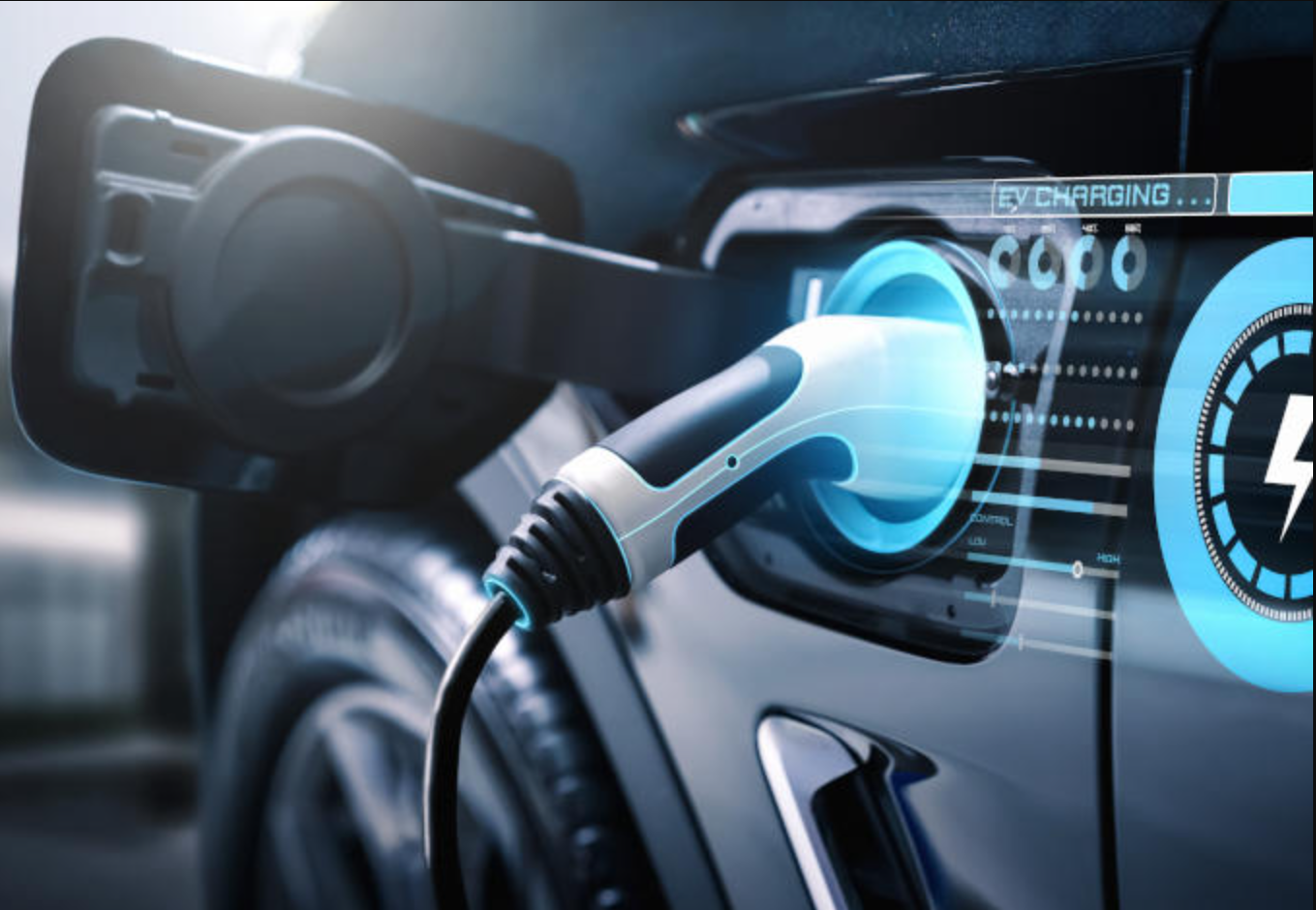Brighter Side of News
2d
106

Image Credit: Brighter Side of News
Major battery innovation pushes electric vehicle range to over 3,000 miles
- Groundbreaking advances in battery technology are poised to revolutionize electric vehicles by enhancing their range and energy storage capabilities.
- Anodes play a critical role in storing and releasing energy in batteries, with current graphite anodes being limited in energy storage potential.
- Researchers have developed a groundbreaking binder material that prevents silicon anodes from swelling, enabling batteries to store ten times more energy than those with graphite anodes.
- This innovation could lead to electric vehicles traveling distances comparable to traditional gasoline-powered cars without frequent recharges.
- Global efforts in battery innovation include research on sodium-based batteries in China and solid-state batteries by NASA, aiming to improve battery affordability, accessibility, and efficiency.
- Battery breakthroughs not only impact transportation but also play a crucial role in enhancing renewable energy storage systems, reducing reliance on fossil fuels.
- Improved battery technology not only makes electric vehicles more appealing but also contributes to a greener future with increased sustainability and renewable energy use.
- Efficient and powerful battery technologies are essential in addressing global climate challenges and advancing towards a cleaner, healthier planet for future generations.
- The advancement in battery technology signifies a shift in how energy is stored and utilized, paving the way for a more sustainable energy landscape and a reduced dependence on fossil fuels.
Read Full Article
6 Likes
For uninterrupted reading, download the app